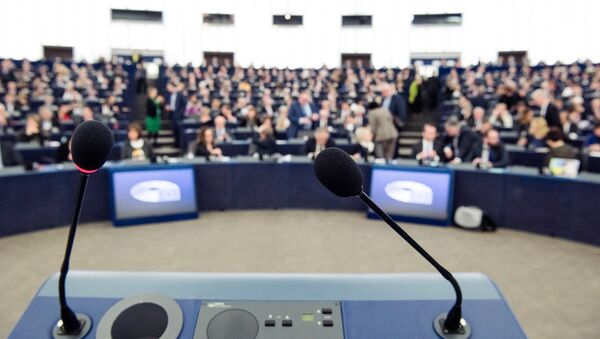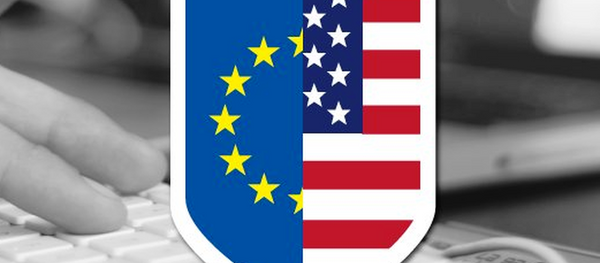The lawmakers are debating the proposed text of the latest agreement with the US over the privacy of data related to EU citizens, held on US servers by multinational companies — called Privacy Shield.
The agreement has been under negotiation for months ever since the European Court of Justice ruled in October 2015 that the previous EU-US data agreement — Safe Harbor — was invalid. The issue arises from the strict EU laws — enshrined in the Charter of Fundamental Rights of the European Union — to the privacy of their personal data.
Access by US authorities to EU #PersonalData will be limited to what is necessary and proportionate – Tiina Astola #PrivacyShield #LIBE
— EU Justice (@EU_Justice) March 17, 2016
The Safe Harbor agreement was a quasi-judicial understanding that the US undertook to agree that it would ensure that EU citizens' data on US servers would be held and protected under the same restrictions as it would be under EU law and directives. The data covers a huge array of information — from Internet and communications usage, to sales transactions, import and exports.
Civil society groups say: #PrivacyShield is not enough — renegotiation is needed #safeharbor https://t.co/XnQH8LBUTt pic.twitter.com/DPV1xMkgwJ
— EDRi (@edri) March 16, 2016
The case arose when Maximillian Schrems, a Facebook user, lodged a complaint with the Irish Data Protection Commissioner, arguing that — in the light of the revelations by ex-CIA contractor Edward Snowden of mass surveillance by the US National Security Agency (NSA) — the transfer of data from Facebook's Irish subsidiary onto the company's servers in the US do not provide sufficient protection of his personal data.
"The Safe Harbor Decision denies the national supervisory authorities their powers where a person calls into question whether the decision is compatible with the protection of the privacy and of the fundamental rights and freedoms of individuals," the court ruled that.
Hearing on #PrivacyShield at the European Parliament.. VERY interesting..;) pic.twitter.com/0msbxPaNfp
— Max Schrems (@maxschrems) March 17, 2016
Devil in the Detail
However, lawmakers on the Civil Liberties, Justice and Home Affairs Committee in the European Parliament have called-in the details over fears Privacy Shield has been drafted too loosely and will not protect the personal data of EU citizens.
Speaking on the Commission's proposal, the committee chair Claude Moraes said:
"The new framework […] has no written text and my first concern is that it has too much in common with the previous Safe Harbor decision. The announcement does not indicate any measures which are legally binding on either party, but relies on 'declaration' by the US authorities on their interpretation of the legal situation regarding surveillance by the US intelligence services.
"Another key concern is that the creation of an Ombudsman which could be a positive step forward in assessing the complaints of citizens does not seem to be underpinned in the current statement by sufficient legal powers," he said.



